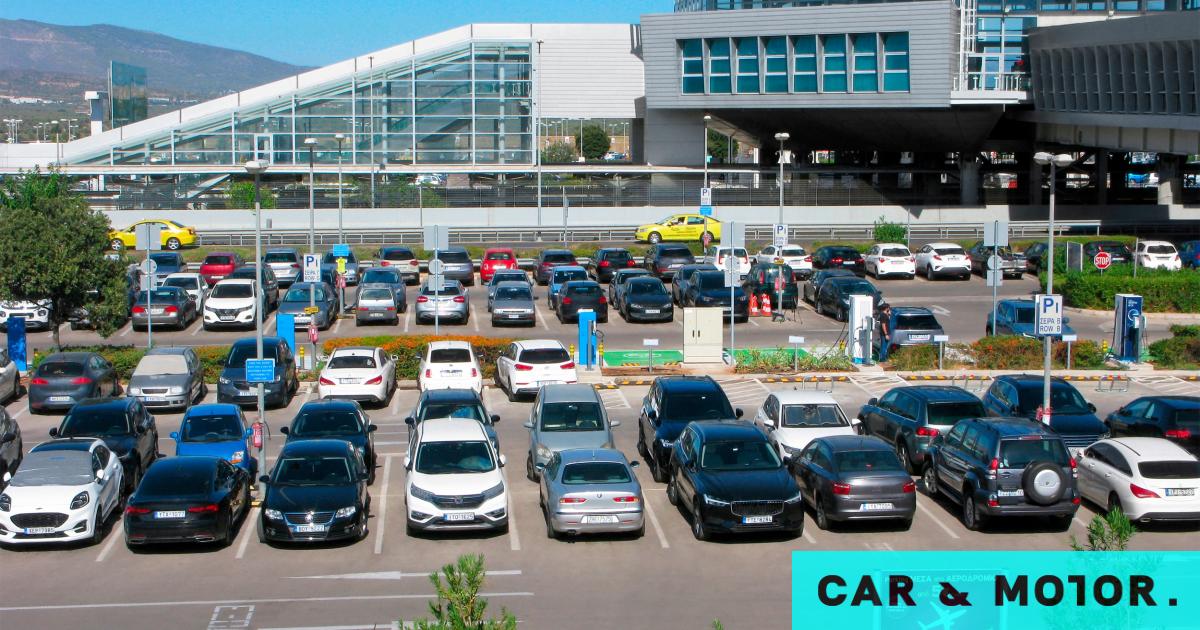
John Paul Spinetto
In the midst of the dramatic events and various crises that strike Latin America every week, the Cuban government, in the last days of last February, asked the United Nations for assistance in dealing with the increasing food shortage. week.
The unprecedented cry for help by the communist regime, which has always prided itself on its social welfare model, reflects the dire economic straits in which Cuba finds itself. The island, battered by tightening US restrictions, declining local manufacturing, a weak post-Covid tourism industry and apathy from its allies, is experiencing its worst economic days since the collapse of the Soviet Union more than three decades ago. A series of power outages brought people out into the streets last weekend, chanting “food and electricity” — a rare display of social unrest since the unrest that rocked the island in July 2021, which the regime contained with a sweeping crackdown.
Crisis, siege, migration
The current economic situation represents a major challenge to the Cuban Communist Party, which has dominated the country's life since Fidel Castro's revolution in 1959. Watch the search for internal scapegoats and distractions: President Miguel Díaz-Canel announced an extraordinary investigation against one of his old ally. and his friend Alejandro Gil Fernandez on charges of corruption after the latter's dismissal from the position of Minister of Finance.
Of course, there is always the US embargo, Cuba's historical excuse in times of economic distress. It is true that the embargo is an anachronism dating back to the Cold War and should have been lifted long ago, but it is not responsible for the food shortages on the island: since 2001, Cuba has been able to import food and other agricultural products from the United States worth more than $7 billion. . However, the 62-year-old blockade cannot explain why the island will lose at least half a million citizens, or nearly 5% of Cuba's total population, between 2021 and 2023. These are young, educated Cubans fleeing famine. Economic mismanagement and corruption. Political repression.
Once one goes beyond pointing fingers at the situation, what one sees clearly is the collapse of Cuba's socialist system. This transformation may take decades. Or it might happen in the same way that the great Cuban lover Ernest Hemingway once wrote about bankruptcy: “Gradually, then suddenly.” One thing is clear: resolution of the crisis cannot happen without radically changing the centralized, state-controlled model in which bureaucrats govern every aspect of public life. This political change, which must come from within Cuban society, threatens the survival of the regime and the future of the revolution, an unacceptable risk for the well-fed old guard that still runs the country. This is the essence of the conflict now.
This situation also represents a major test for the broader region – and an opportunity as well. Naive as it may seem, we only have to imagine a functional, freer Cuba, with its own highly skilled professionals and a workforce capable of exploiting the country's potential, from tourism to agriculture and culture, or perhaps even crude oil.
Coordinated sabotage or chaos?
However, the most predictable scenario now is one of uncertainty and chaos. Some US Congressmen and Senators may have celebrated the sudden collapse of the Cuban regime as a political success. But if that is indeed the case (I know that's a big possibility), there is no organized opposition waiting to seize the ship and right its course. We also do not know what the reaction of the Cuban army will be. As William LeGrand, a veteran Cuba watcher and professor of Latin American affairs at American University's School of Public Affairs, told me: “The result could be a failed state with mass migration and transnational criminal organizations establishing a foothold. This would pose a much bigger problem for for us”. United States – potential disaster.”
Currently, the Cuban government is trying to solve its economic problems by implementing a highly unpopular austerity program that includes increasing gasoline prices fivefold – diesel and gasoline from 25 COPs to 132 COPs, or 428% – in an attempt to close down a huge budget. The gap is estimated at about 18.5% of GDP and to contain rampant inflation. It is seeking new foreign aid (such as a UN food appeal) and working to fully restore its vital tourism industry. There is a possibility that increased domestic production in order to increase exports, a recovery in remittances and some “other parts,” as Leo Grande puts it, will restart the economy and allow the government to overcome the immediate effects of the crisis.
This is the best-case scenario for a system that is well past its “expiry” date. And old-school leftists in Latin America, such as Luiz Inacio Lula da Silva in Brazil, Andrés Manuel Lopez Obrador in Mexico, Gustavo Petro in Colombia, and of course Nicolas Maduro in Cuba. Venezuela may still look to Cuba for ideological inspiration, but as other commentators have pointed out, young people in Latin America are apathetic at best, moreover, despite all the speculation about Cuba's strategic ties with Russia and China (Díaz-Canel visited Both in 2022). The reality is that these countries, apart from their geopolitical alignment and competition against the United States, are unwilling to finance a government with a history of systemic debt default.
As the United States prepares to choose a president in November, Cuba also appears to be buried at the bottom of Uncle Sam's strategic priorities (except for dealing with the influx of Cubans on the southwest border). Given the number of other geopolitical “boiling pots” and the negative political association with the Cuban regime after the ugly crackdown in 2021, the Biden administration’s reticence is understandable.
Vision
However, the United States – as well as Latin America and the world – has strong reasons not to abandon the vision of a modern Cuba and to prepare for a transitional period, whether turbulent or smooth. More efforts should be made to strengthen ties with Cuba's nascent private sector, which was created after the legalization of small businesses in 2021. According to some estimates, it already employs about 35% of the island's workforce. This would increase commercial activity and enhance the island's economic interconnection with the outside world.
But as John Kavulich, president of the Cuban American Trade and Economic Council, told me, this strategy carries risks for the regime: “When you allow businessmen to make money, you now have visibly wealthy people in Cuba and other people who are not visibly wealthy.” “Very wealthy people. How successful can someone be before the government decides to take all of that away from them?”
However, Kavulich is pressing the US Embassy to approve a list of small Cuban businesses that Americans can do business with, and to strengthen trade relations within existing regulations and embargoes, even under the current political “freeze” in relations with the United States.
It is as if President Barack Obama visited the island a century ago – the first US president to do so in 88 years – and the Rolling Stones played to half a million Cubans at Havana's Ciudad Deportiva stadium. However, that was in 2016, proving that things can change quickly on both sides of the Florida Strait.
As the great Cuban writer Leonardo Padura recently told a Brazilian news agency: “In Cuba now, we lack fuel, we lack food, we lack medicine. But what we lack most is hope.” The latter may remain in short supply under the current government. But for the sake of the Cuban people, its neighbors should help keep hope alive.
Performance – Editing – Text Selection (2019-2024): J.D. Pavlopoulos

“Hipster-friendly coffee fanatic. Subtly charming bacon advocate. Friend of animals everywhere.”





More Stories
Only two countries will survive in the event of a nuclear war
A ship carrying weapons to Israel was not allowed to dock
New Caledonia: where it is located and what bloody riots are happening on the island